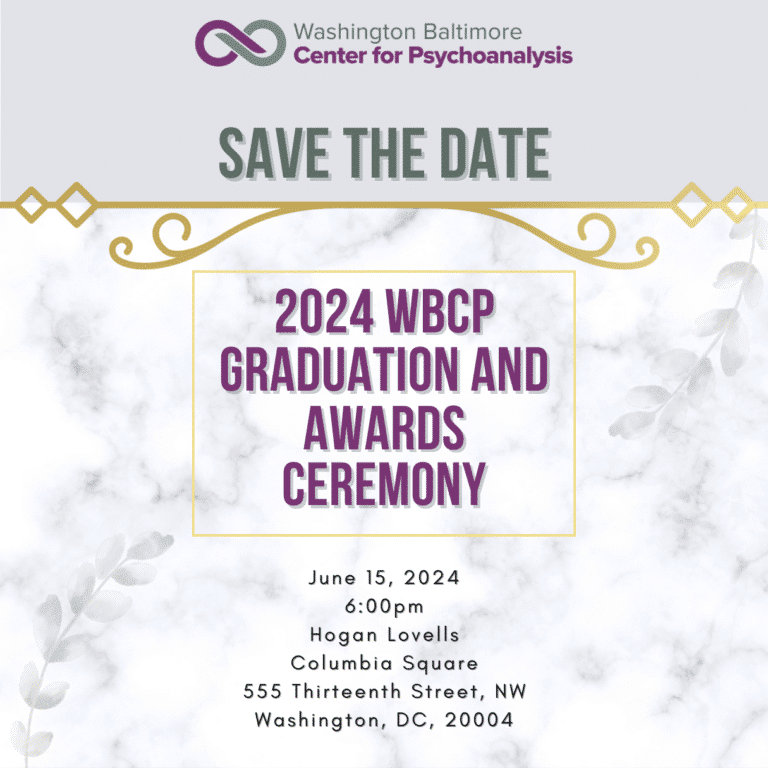By Elizabeth Miller, LCSW-C, MSW
The early morning sun shines through the window of my home office as I open the Zoom link to connect with 6 young women who have just finished their evening meal–10 time zones away–in Bangladesh. One by one they arrive in their little video boxes; many in colorful headscarves, all smiling and offering warm greetings to me and one another. They place themselves wherever they can find the best Wi-Fi connection. One is in the library, surrounded by books, another in an outside courtyard dotted with tropical plants. Several are in dorm rooms, often with curious friends peeking into the frame and hoping for an introduction. These young women eagerly approach our work together: weekly writing workshops to explore their experiences and feelings.
Meeting from week to week, I find my heart both breaking and expanding, as they reveal their sorrows and their dreams. This week’s writing prompt: “Write a letter to yourself that you can read when you need strength.”
“I am the pain and I am the doctor,” reads one.
“This wondrous body of mine, a gift of Mother Earth,” shares another.
The group members respond to the writing with deep respect, resonating with one another’s experiences. Surrounded by such beautiful, evocative language and deep feeling, I am struck again and again by the resilience and creativity offered by women who’ve faced unimaginable adversity.
It had been my great fortune to volunteer for the Writing for Friendship initiative, affiliated with Kerry Malawista’s Things They Carry therapeutic writing program. This modified TTC model had been constructed specifically for students at The Asian University for Women in Bangladesh. The founder of the school was concerned with the emotional well-being of the 200 Afghan women who would be arriving in the summer of 2022, after he’d miraculously brokered their release through the Taliban. They’d soon find themselves in a strange new place, and he feared there would be little in the way of mental health assistance available for them. It was hoped that the therapeutic writing groups would provide support and connection for the incoming Afghan women, along with any others at the school who would be interested in joining. Each group would include 6 young women with a therapist facilitator. Carefully selected writing prompts would offer participants a chance to reflect more deeply about their experiences through writing. Sharing their work with each other was intended to create space for support and affinity.
A group of experienced therapists in the U.S.—one a friend of the school’s founder—would provide guidance and structure for the volunteer therapists. We headed into the “experiment” with open minds and hearts, expecting that we’d be able to offer some
level of support to women who were experiencing the trauma of displacement from country and family–with no clear pathway of return.
As with so much of our work, but especially here, the inspiration from those we were tasked with helping is overwhelming. The writing is often exquisite and powerful. The sharing of personal loss, trauma and joy is far beyond what we’d imagined—as are the personal connections among participants. The women routinely invite one another not only into their intimate thoughts, but also into their shared worlds, gathering to cook, play and read together.
As we head into our sixth and final session, the women in my group express their appreciation for a place to “speak freely,” and to “find friendship by sharing writing.” One member from Bangladesh invites the others to a large family wedding. Another speaks of how the group helped her push past her shyness to find new friends both in the group and in the wider community. Most thrillingly, they make plans to continue to meet together to write and talk. I close the Zoom link at the meeting’s end, with tears in my eyes and a grateful heart.
The project has become a powerful reminder of our shared humanity and connectedness. From the women in our groups, we learned about Rumi, a 13th century Afghan mystic and poet who perhaps captures this best in his writing: “You have to keep breaking your heart until it opens.”


